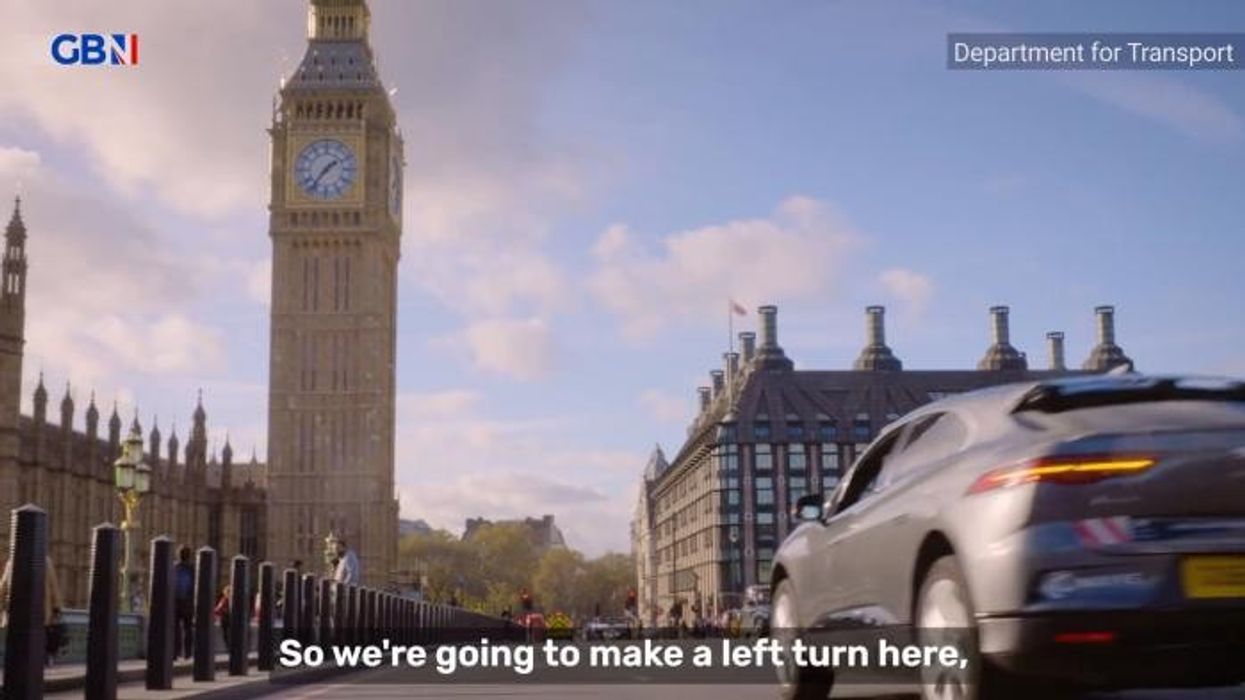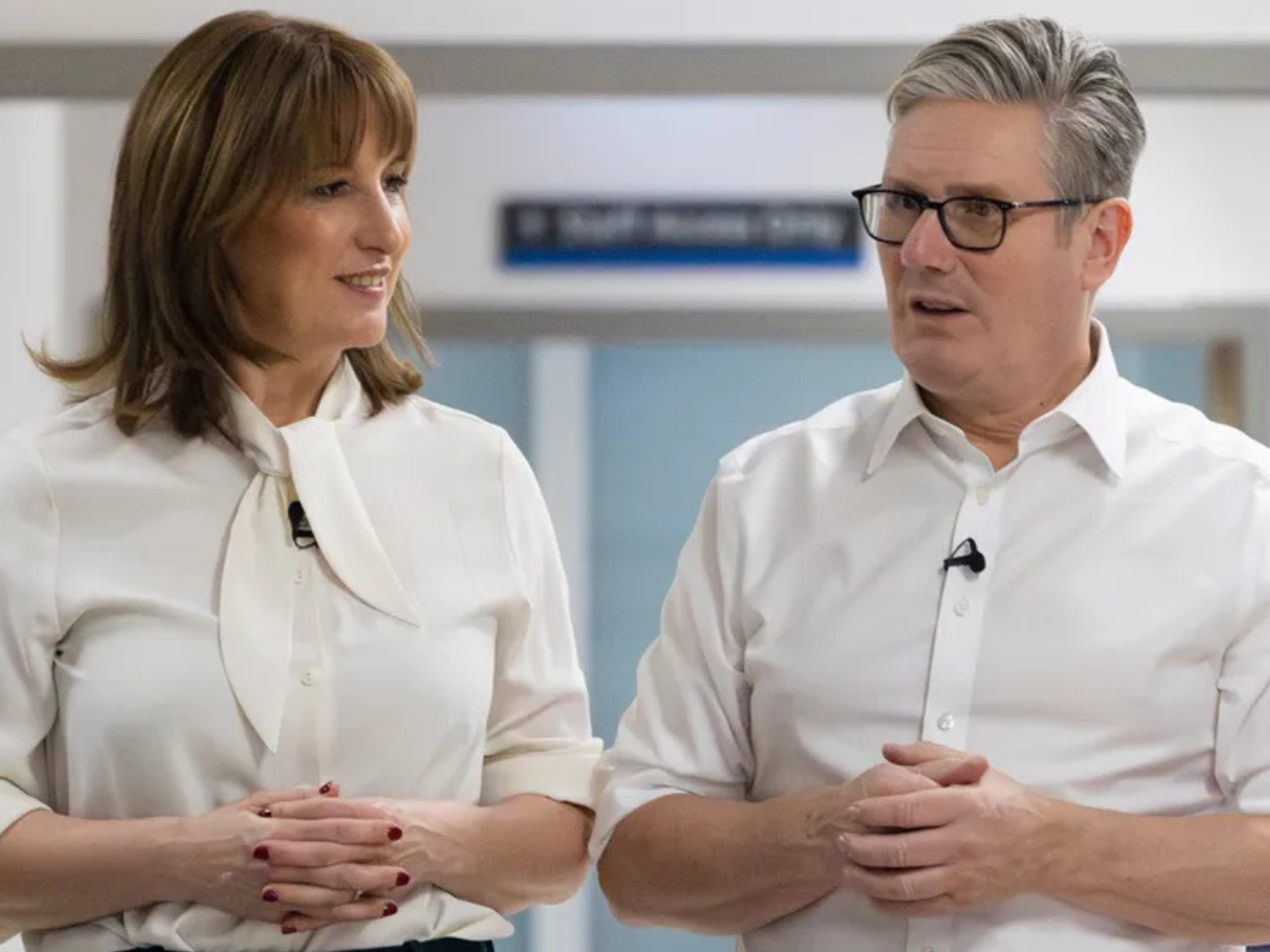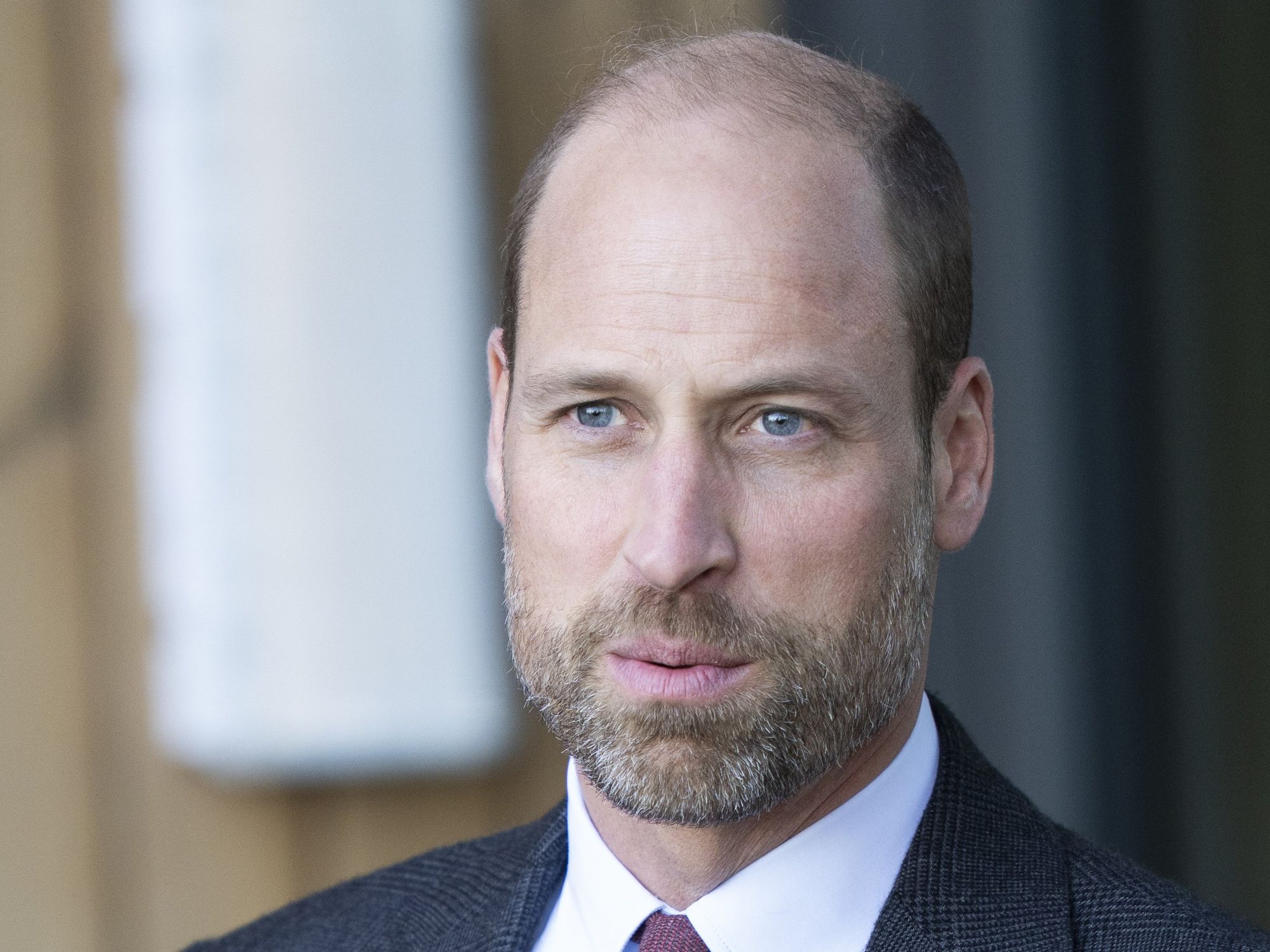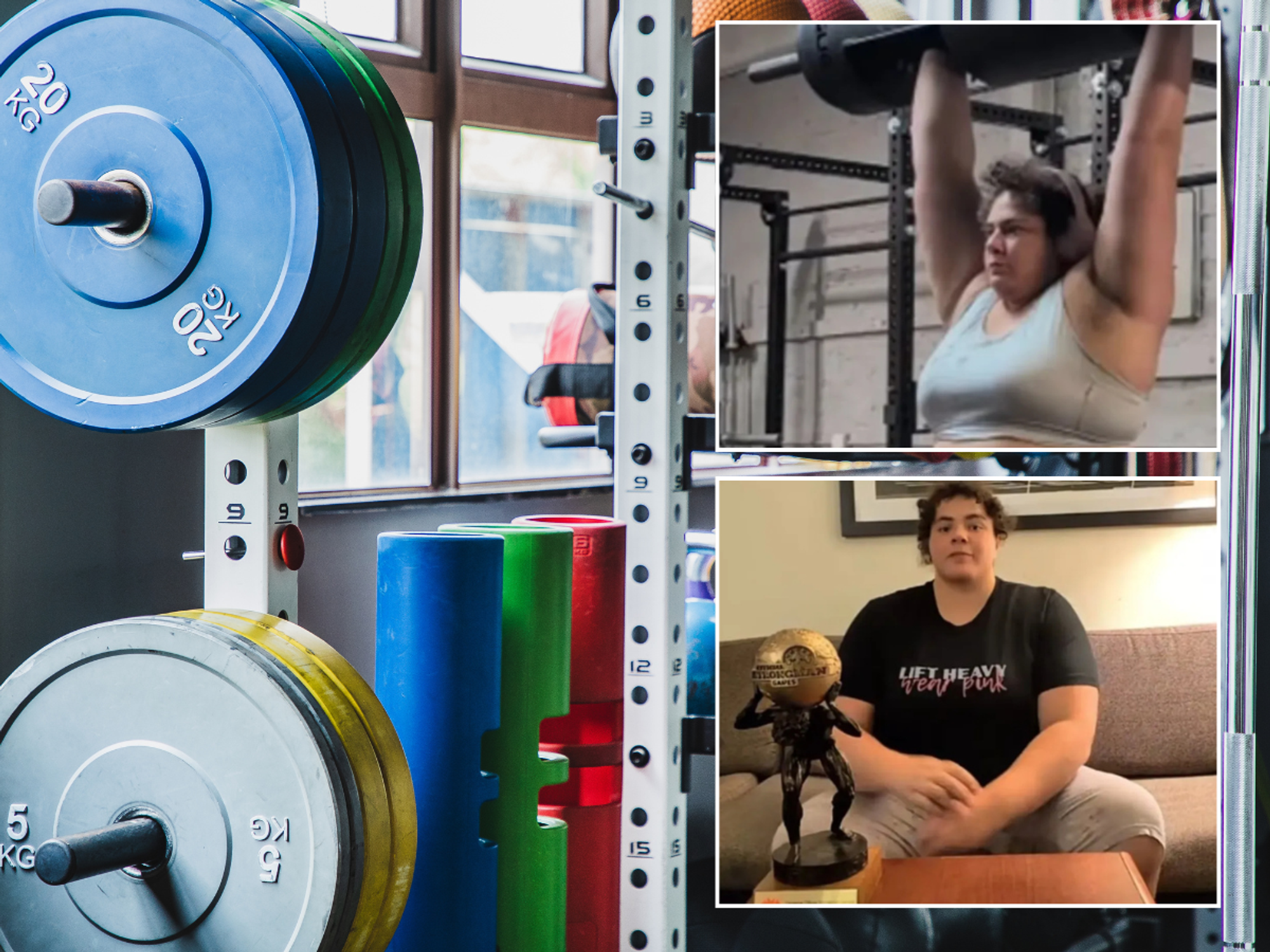Elderly and vulnerable drivers risk being left behind as revolutionary car changes impact travel for millions

The House of Lords held a debate on what adjustments Labour will make to self-driving cars for vulnerable road users
Don't Miss
Most Read
Labour has been urged to ensure self-driving vehicles are fully accessible for disabled passengers as the Government prepares to fast-track commercial pilots to spring 2026.
The accelerated timeline, announced by Transport Secretary Heidi Alexander this month, will see self-driving taxis and bus-like services operating without safety drivers for the first time, bookable via apps.
However, peers have raised concerns that accessibility features must be built into vehicles from the outset rather than added as expensive afterthoughts.
The pilots represent what Liberal Democrat peer Baroness Brinton called "literally a once in an era moment" for ensuring disabled people can benefit from the revolutionary technology, which could create 38,000 jobs and add £42billion to the UK economy by 2035.
Do you have a story you'd like to share? Get in touch by emailing motoring@gbnews.uk
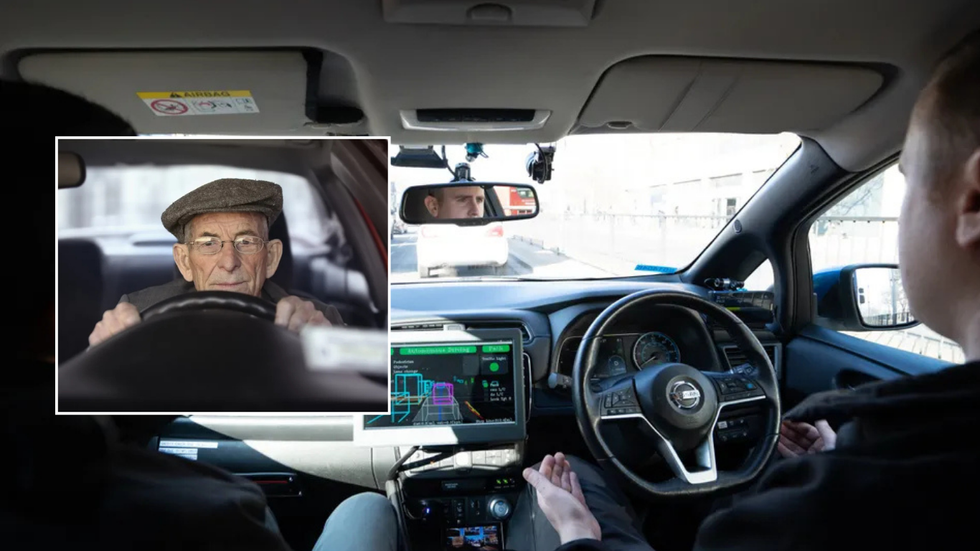
The Government has pushed forward with self-driving cars, hoping to see them on UK streets by next year
|PA/GETTY
During a House of Lords debate this week, Brinton warned the Government's consultation was happening "at exactly the same time as the specification and the manufacture of the driverless vehicles that are due to be launched early next year".
She pressed the Transport Minister on whether contracts with companies like Wayve and Oxa would guarantee that "ramps, audio and visual announcements are designed right from the start".
"Otherwise, it'll be like everything else for disabled people. Reasonable adjustments after the event are expensive for the manufacturer and never perfect for the user," she said.
The debate highlighted widespread concern that without immediate action, the UK risks repeating past mistakes where accessibility was treated as an afterthought rather than a core design principle.
Transport Minister Lord Hendy of Richmond Hill responded that the Secretary of State must legally consider how automated passenger services can be designed for disabled and older passengers when granting permits.
He acknowledged "accessibility considerations will be set out in non-statutory guidance, and related permit conditions can be enforced through the permitting process".
However, he cautioned against specifying detailed requirements in regulations, arguing it would be "counterproductive" for "innovative new services".
Hendy suggested early adoption would likely use existing vehicle types rather than newly designed models, stating: "The likelihood in the very short term is that there will be the same sorts of cars used vehicles used for taxi and private hire services."
LATEST DEVELOPMENTS:
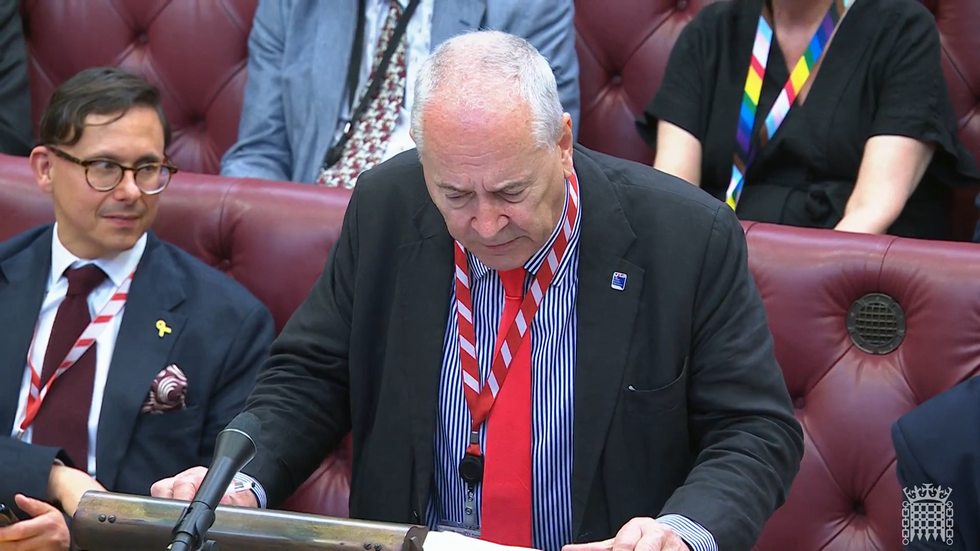
The Transport Minister revealed the department was looking at how to bring in more safety measures
|PARLIAMENT TV
But he did assure peers that any services would be subject to the public sector equality duty. Conservative peer Lord Harper and former Transport Secretary, who helped get the Automated Vehicles Act into the statute book, strongly backed calls for ambitious accessibility measures.
"Automated vehicles have the potential to improve the life chances and the independence of all of those who have a disability. That means they can't drive themselves," he said, urging the Minister "to be as ambitious as he can and to go as fast as he can in getting this technology onto our roads".
Industry leaders have welcomed the accelerated timeline, with Wayve CEO Alex Kendall stating that the 2026 pilots would "help build public trust and unlock new jobs, services, and markets".
The technology promises significant benefits beyond accessibility, with self-driving vehicles expected to reduce human error, which contributes to 88 per cent of all road collisions.
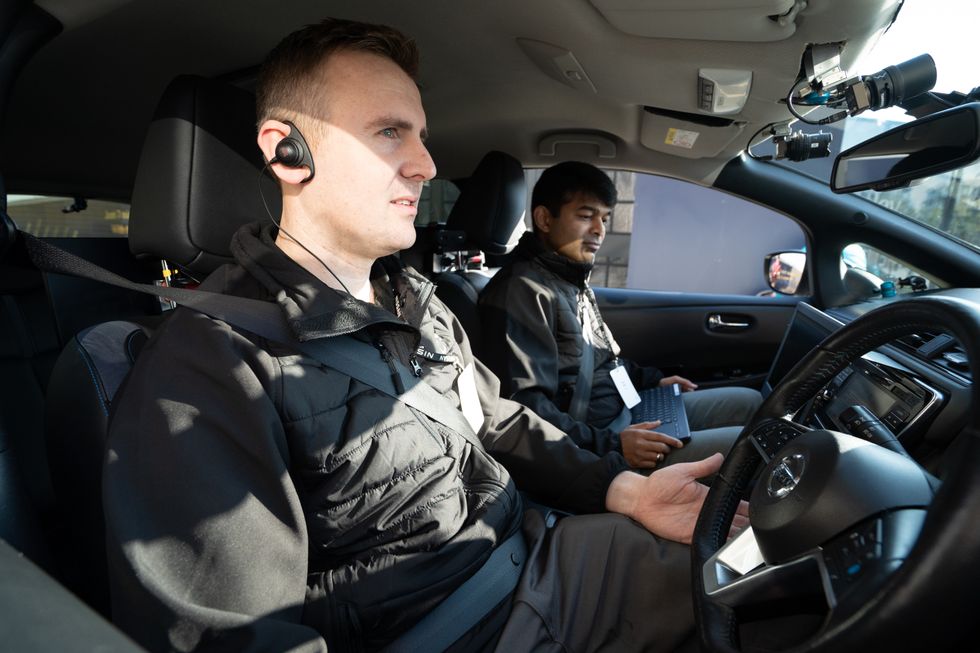 The self-driving sector could be worth £42billion in 2035 | PA
The self-driving sector could be worth £42billion in 2035 | PACrossbench peer Baroness Watkins highlighted the potential for rural communities, where conventional bus services are limited, asking about licenses for "small remote villages so that people could access essential services".
Hendy agreed this represented "a real opportunity" for autonomous vehicles to serve sparse populations where traditional public transport cannot reach.
However, peers also raised security concerns, with Conservative Lord Moylan citing a UN Office of Counterterrorism report warning about potential terrorist exploitation of automated vehicles.
The Minister acknowledged these risks must be "absolutely minimised" while maintaining that automated vehicles remain "an exciting future" that must be implemented safely to benefit all communities.


